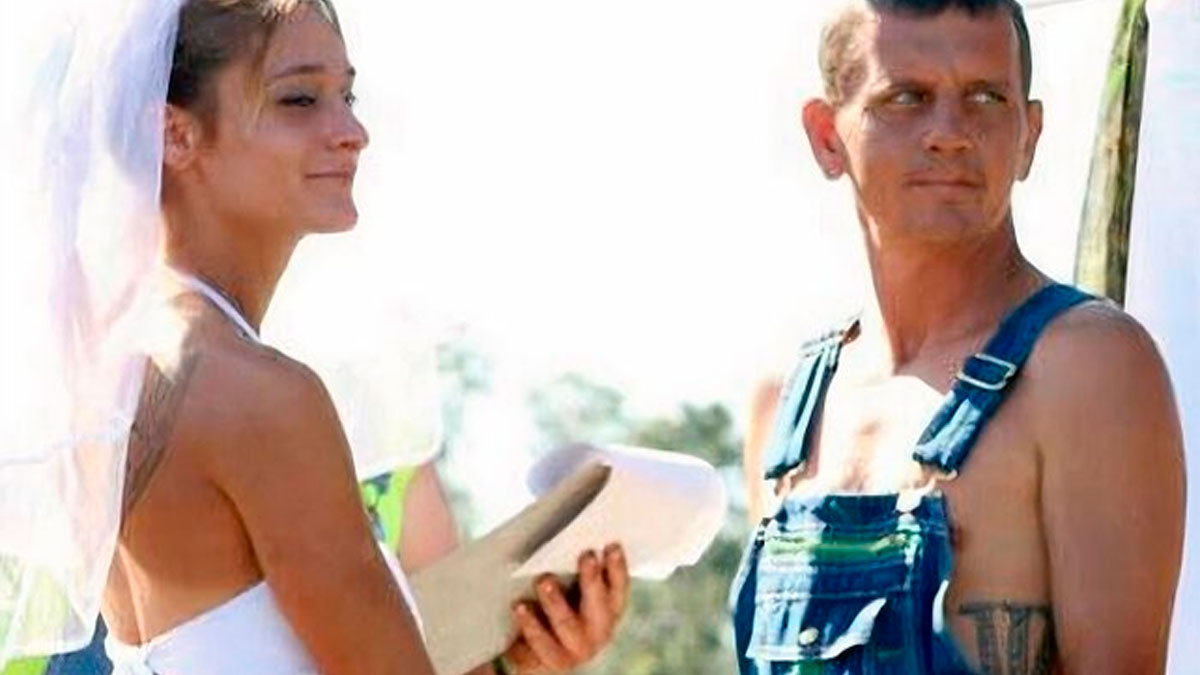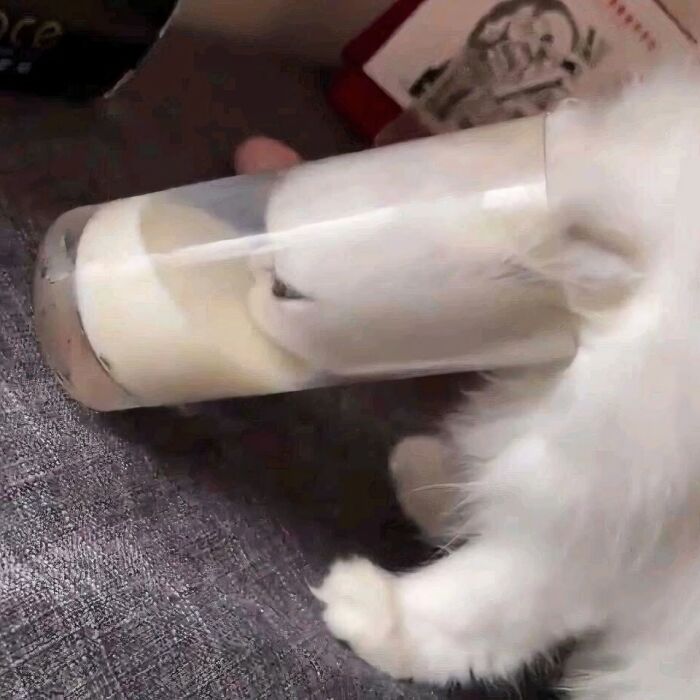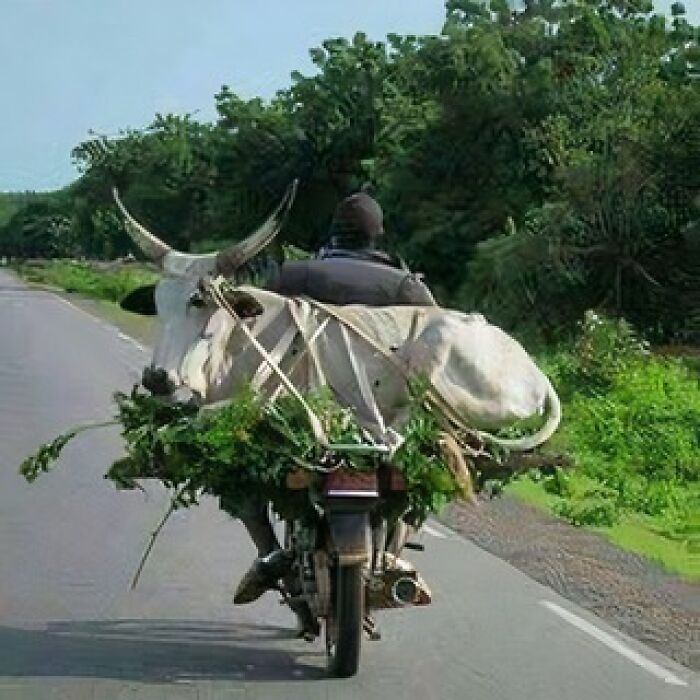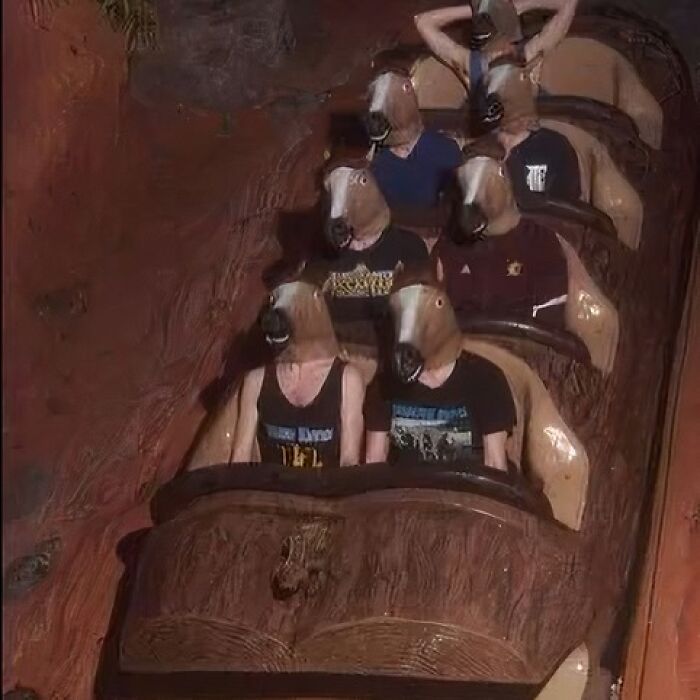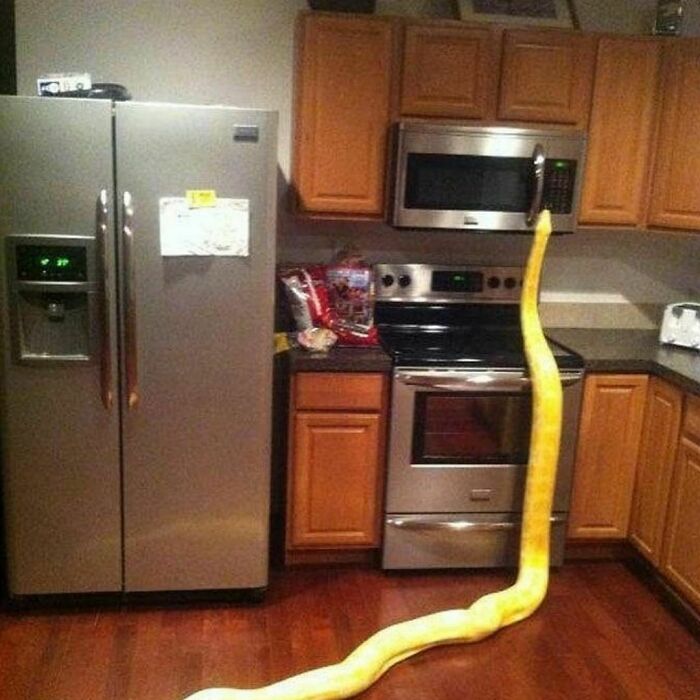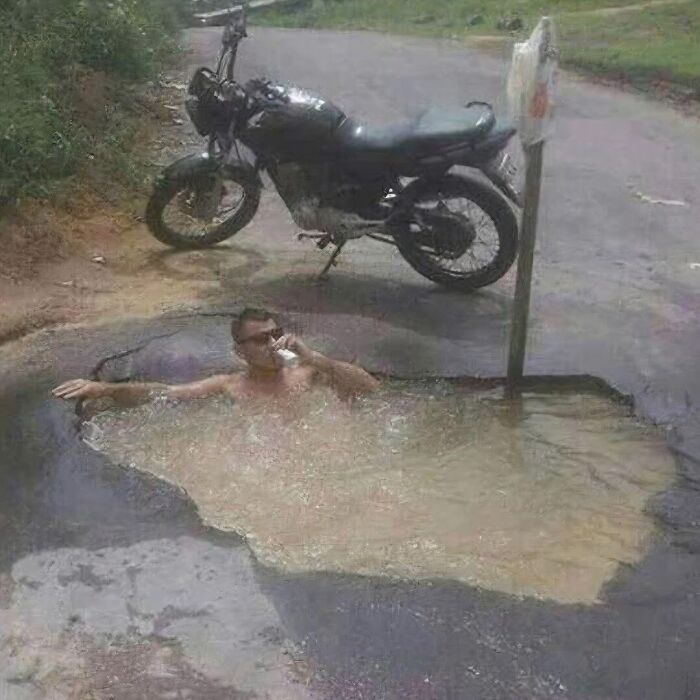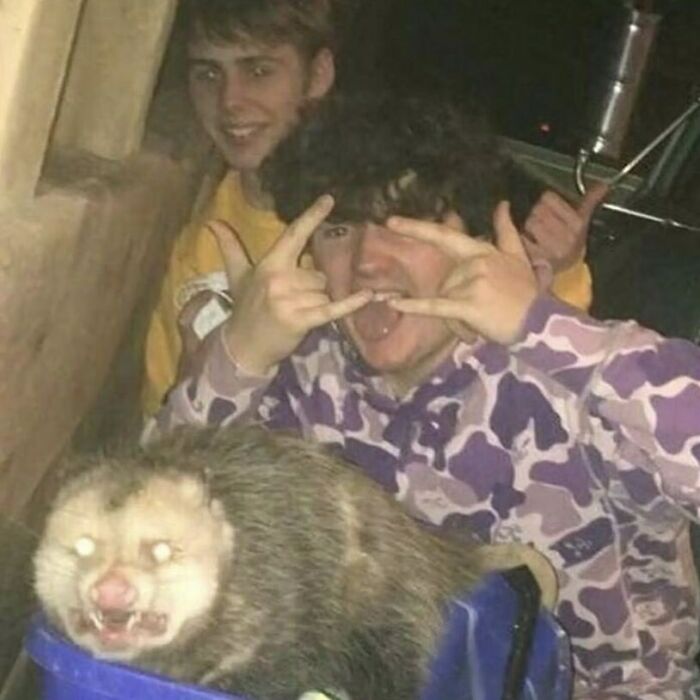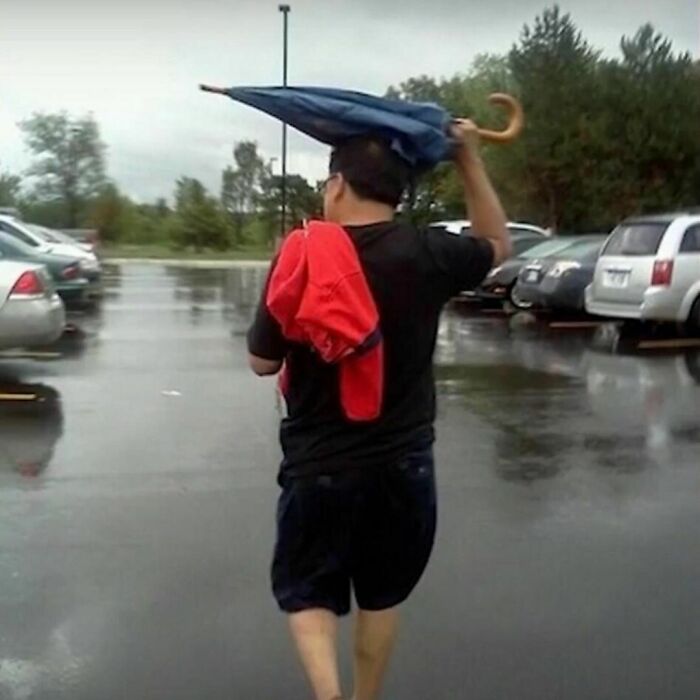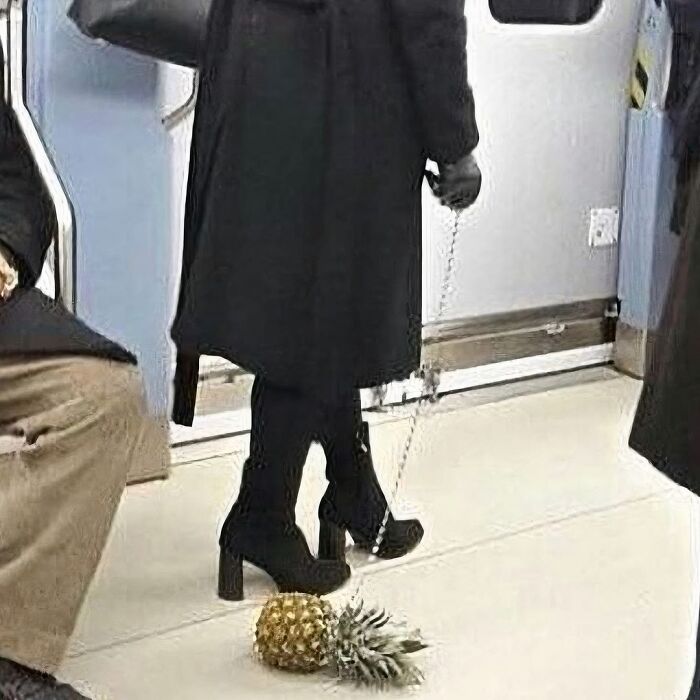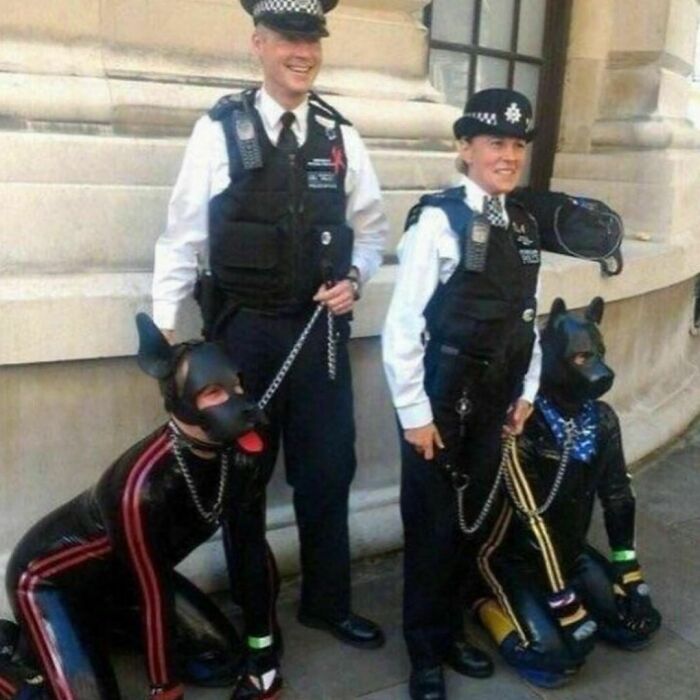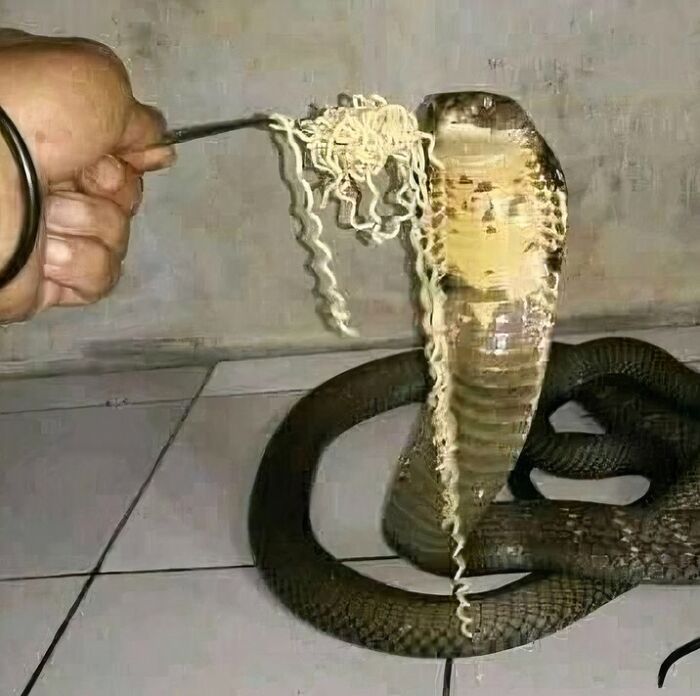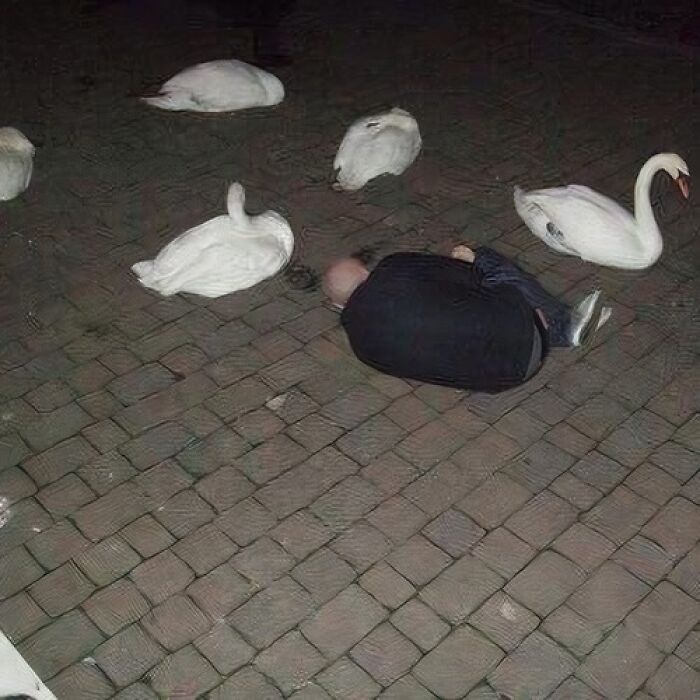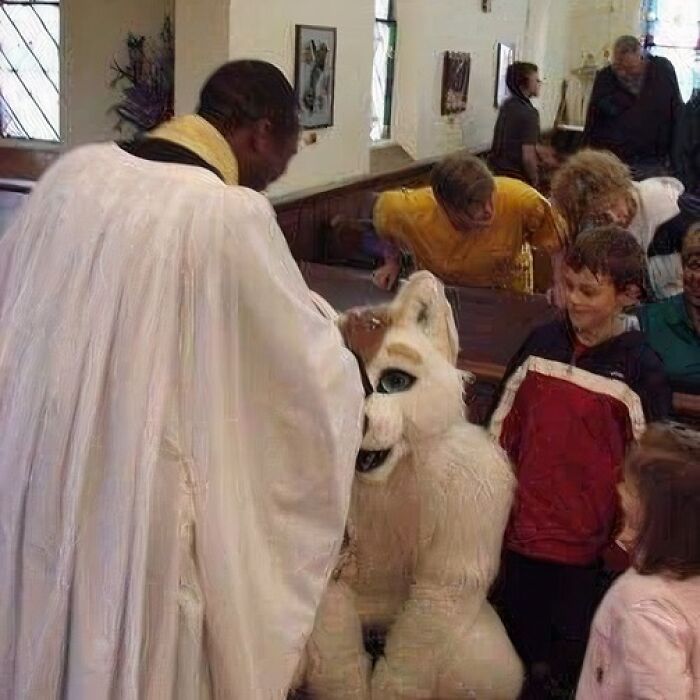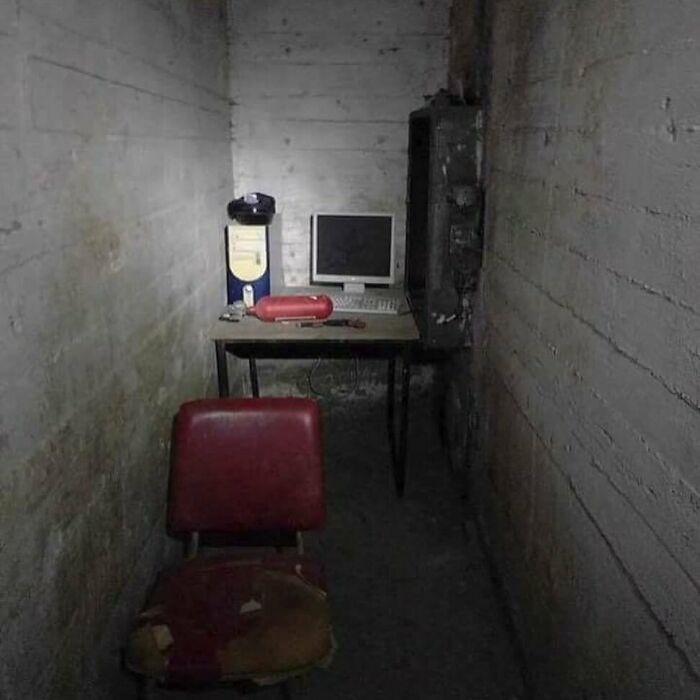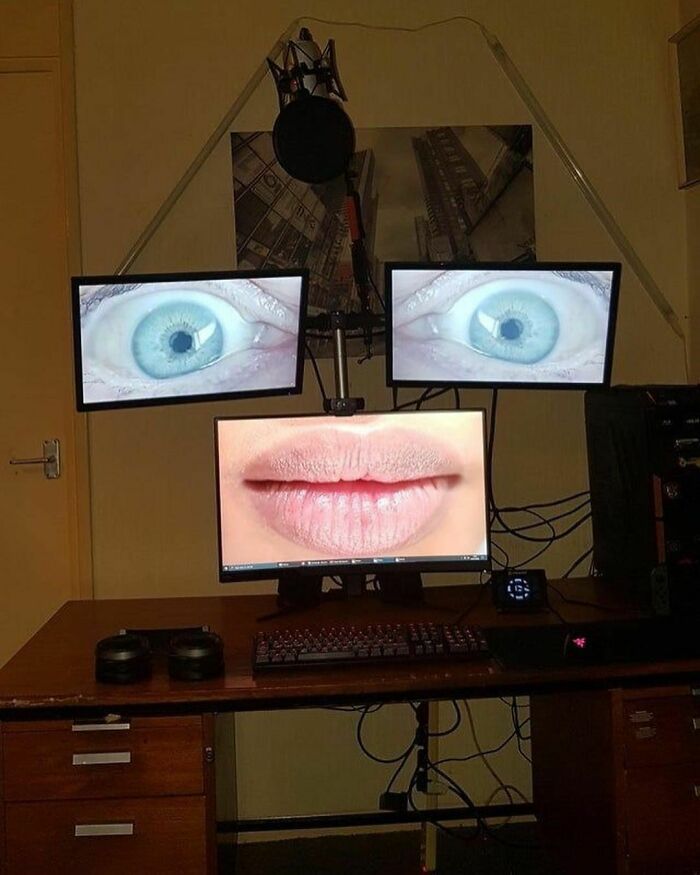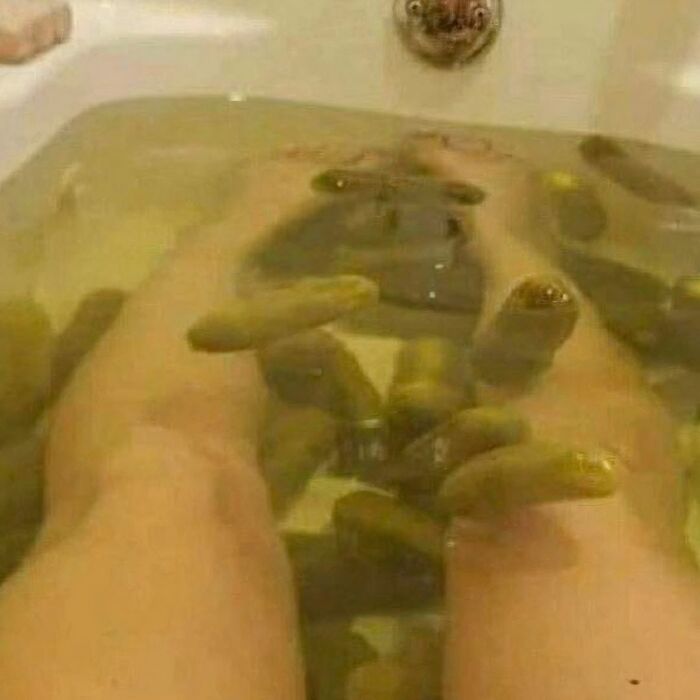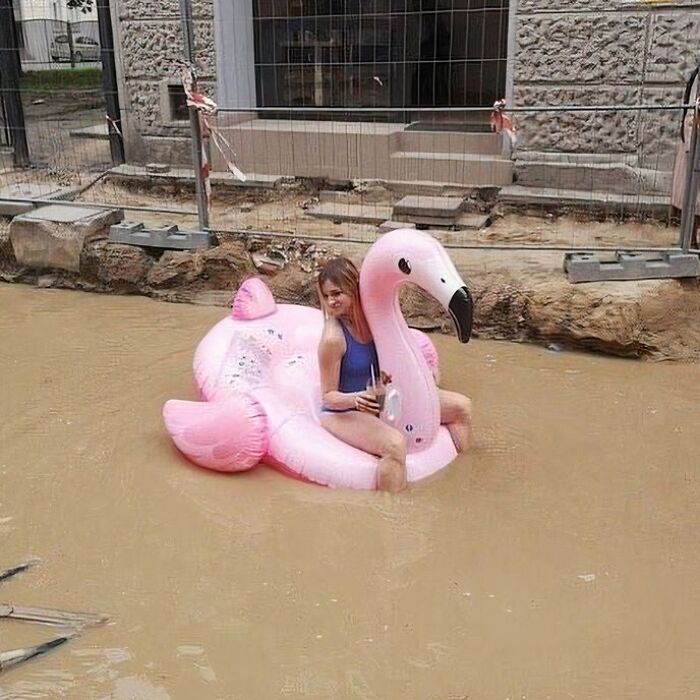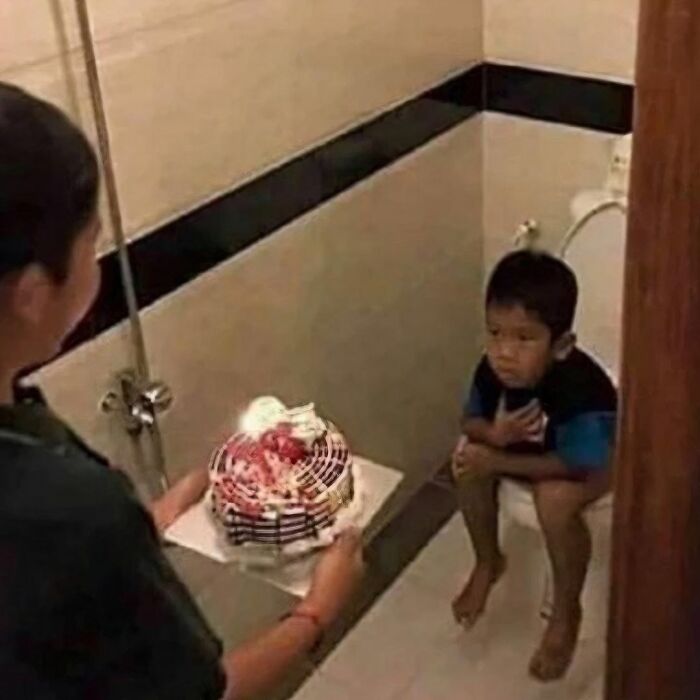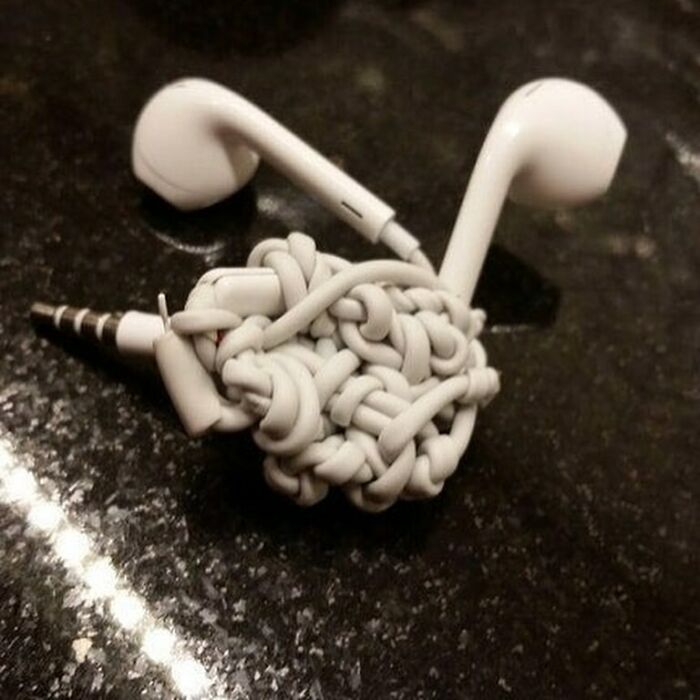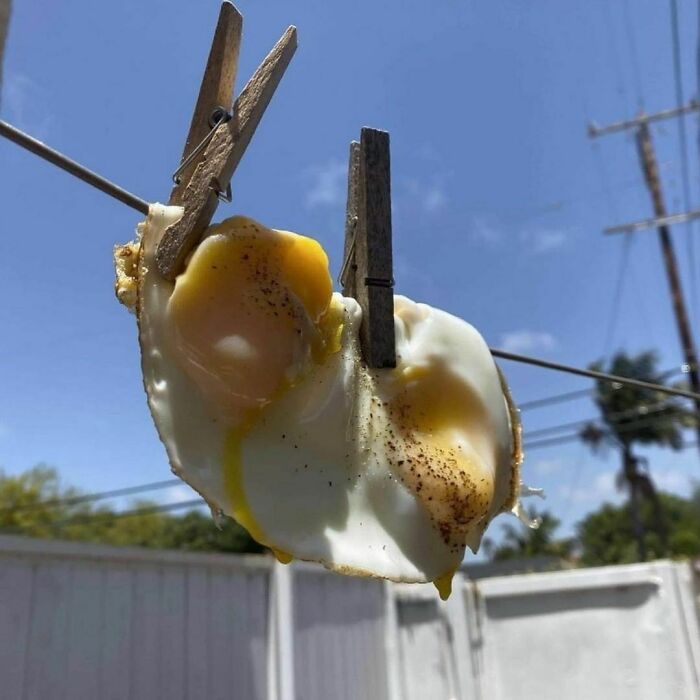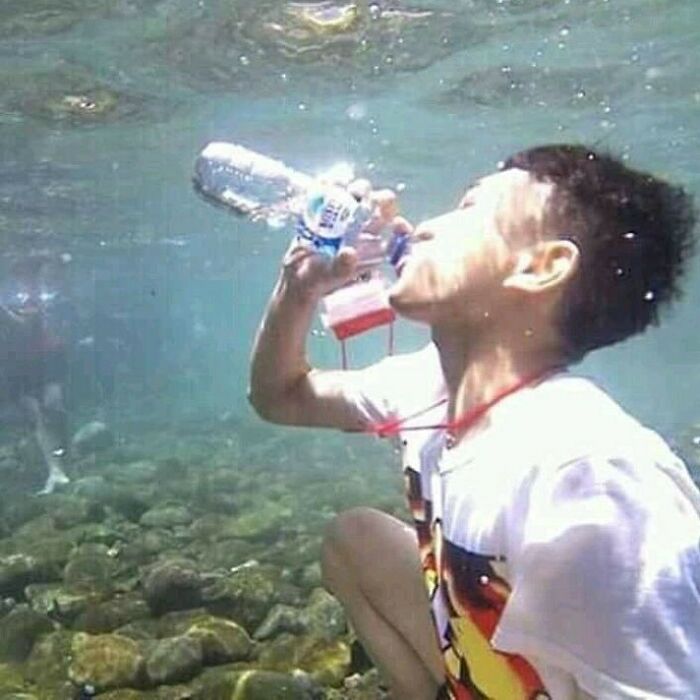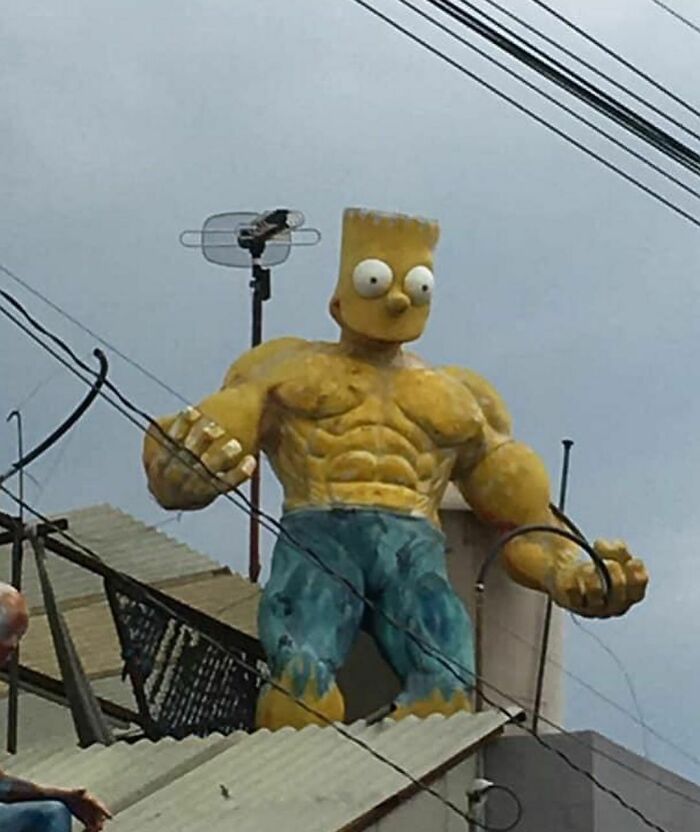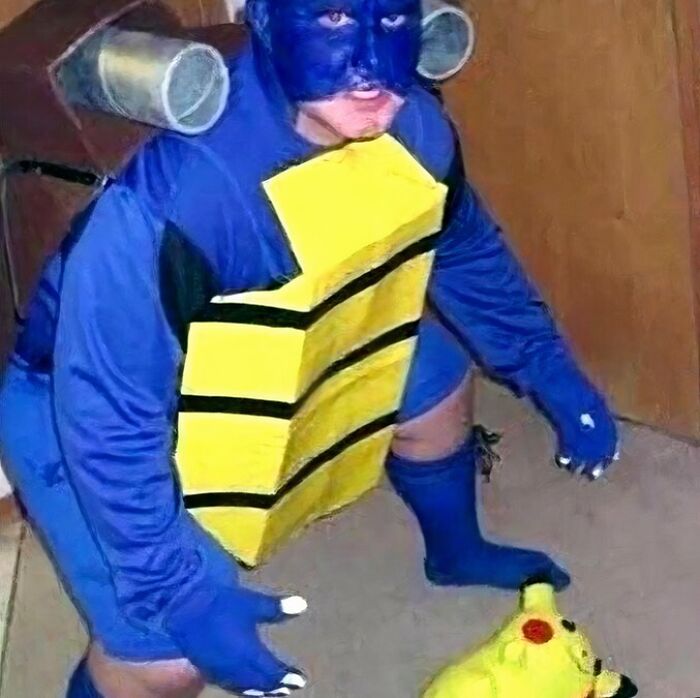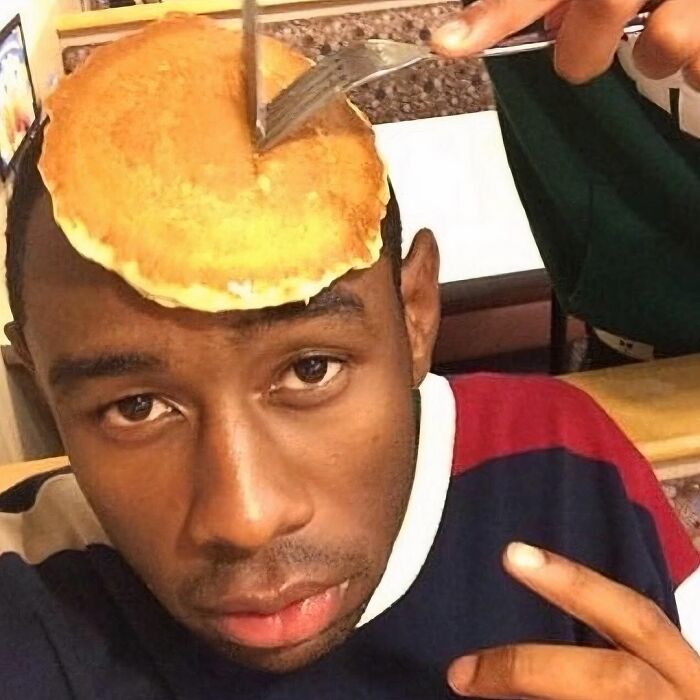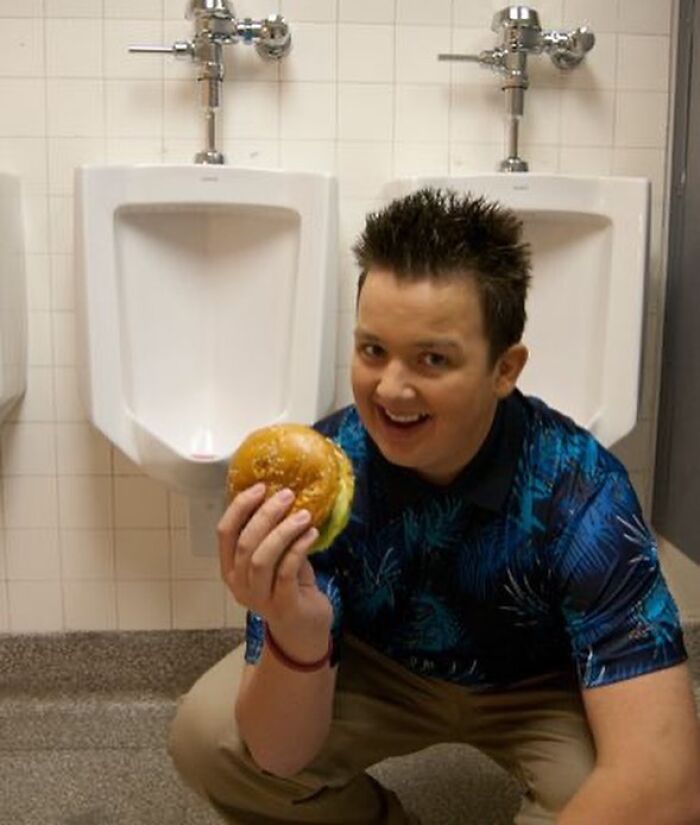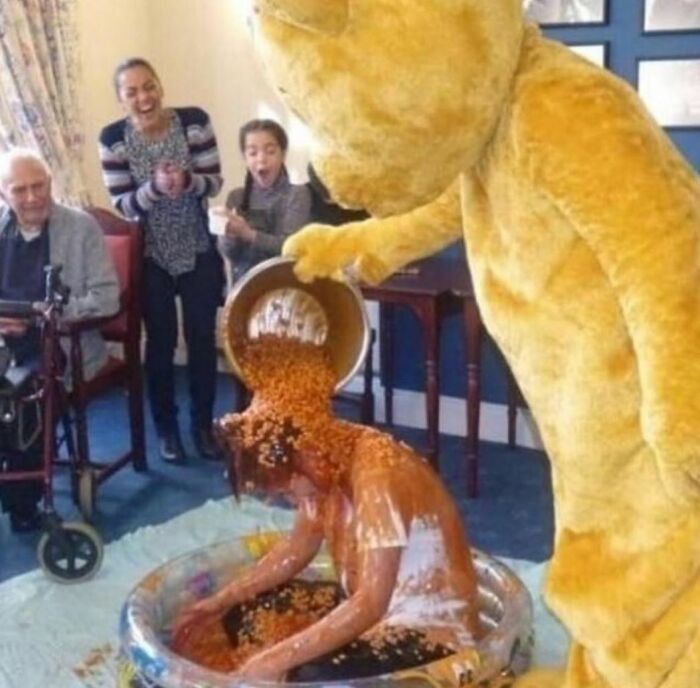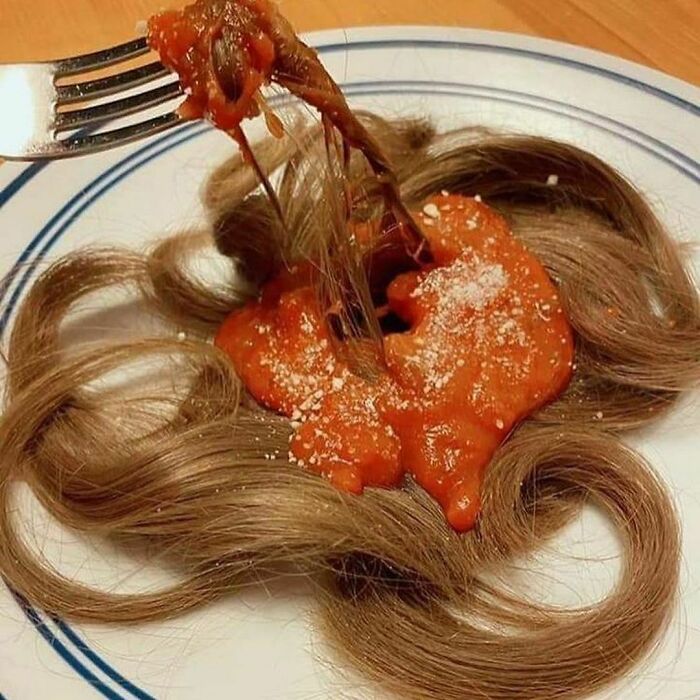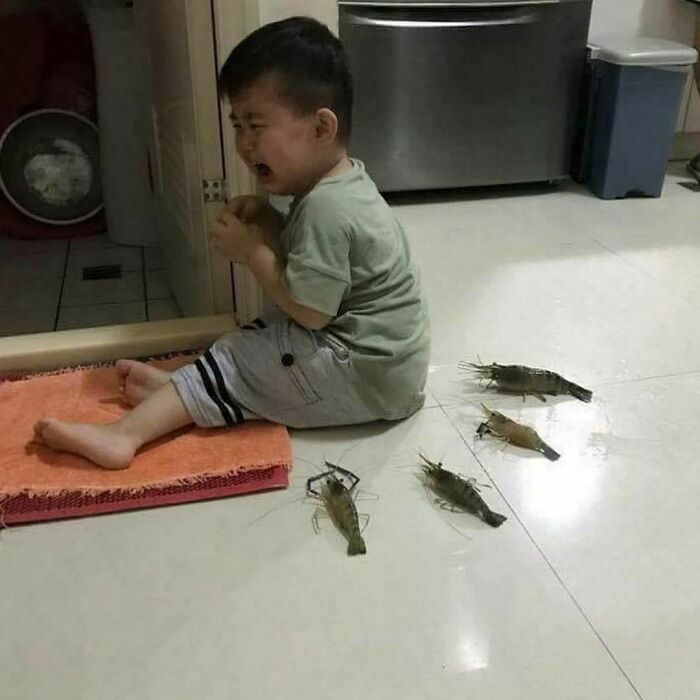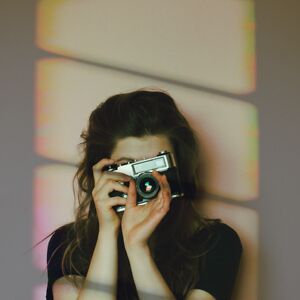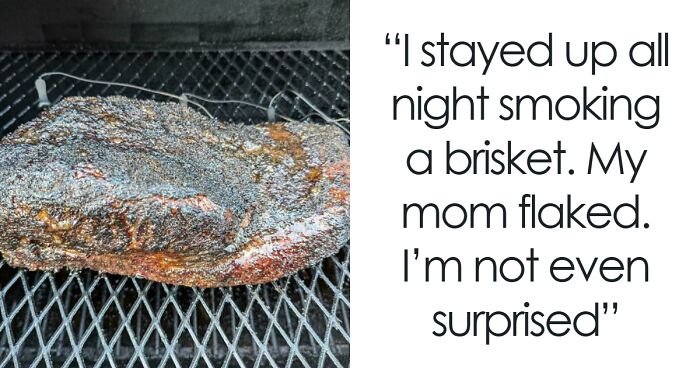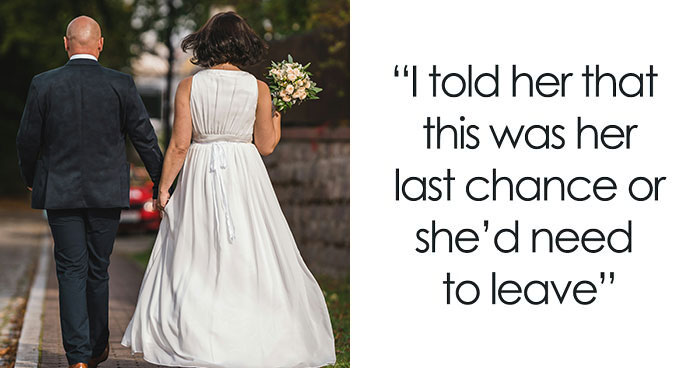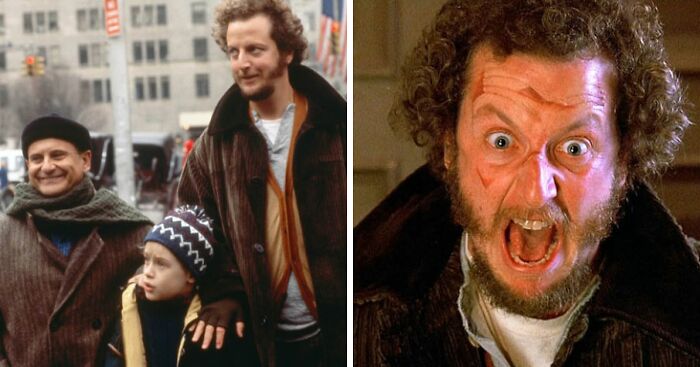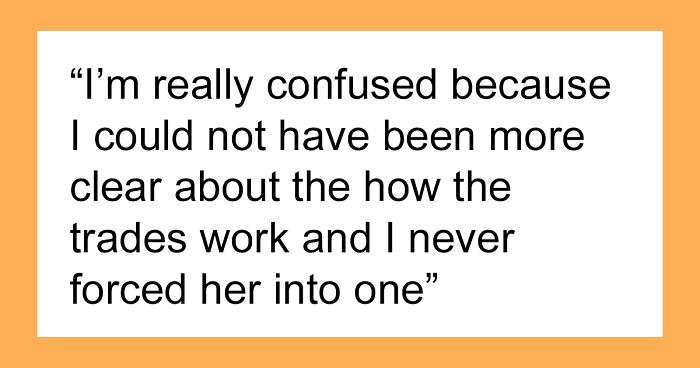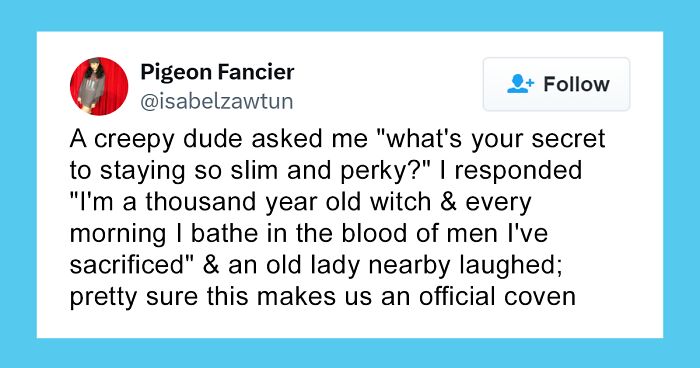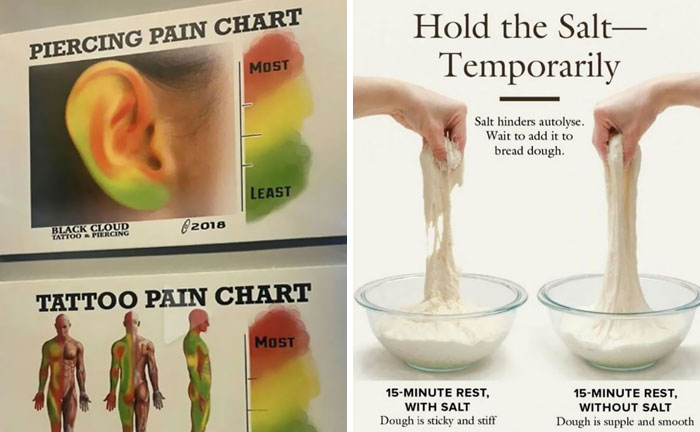If you only browse the internet looking for specific information, or you prefer pictures curated neatly according to themes and categories, you might be in the wrong place, as today’s list is all about chaos.
On the below list, you will find some of the most random, bizarre, and surprising pictures there are, as shared by an Instagram account dedicated to cursed content. Featuring images that might be too peculiar to describe with words, the account has already amassed close to 13k followers, so if chaos and randomness are something you enjoy, chances are you will add to the number shortly. If you’re curious to see whether that will be the case, wait no longer and immerse yourself in the disarrangement of cursed images! And make sure to upvote your favorites, too.
This post may include affiliate links.
When you are really, really, really late for the First Crusade...
For curious minds, the internet ought to feel like a goldmine—there’s so much information about anything and everything, you can browse for hours and there will still be plenty of things to uncover.
What makes it even better is that the information is as random as it gets: if you’re interested in politics, there’s more than enough about that online, but if you’re curious about how a cow would look standing on the roof of a building—I bet there’s a picture of that somewhere on the internet, too; probably on one of such cursed images lists.
In a piece for the Harvard Business Review, a team of experts in psychology and curiosity—Todd B. Kashdan, David J. Disabato, Fallon R. Goodman, and Carl Naughton—delved deeper into the quality, pointing out that curiosity has numerous benefits, such as enhanced intelligence, increased perseverance, and the ability to drive deeper engagement, superior performance, and more-meaningful goals.
According to the experts, Daniel Berlyne was one of the very first psychologists to offer a comprehensive model of curiosity, back in the 1950s. He suggested that people “seek the sweet spot” between being understimulated (“coping with tasks, people, or situations that lack sufficient novelty, complexity, uncertainty, or conflict,” as the authors explain it) and overstimulated (being overloaded with information).
That’s what two types of curiosity, described by Berlyne, stem from: “diversive curiosity,” referring to people looking for something to boost arousal when they’re bored, and “specific curiosity,” defining a hyperstimulated person trying to make sense of what’s happening so they can reduce arousal to a more manageable level.
This is fantastic though. It's weird in such a wonderful way, and with such effort. I love it.
I would not be able to sport this without being constantly hungry.
Delving deeper into the topic Berlyne once analyzed, professor of economics and psychology at Carnegie Mellon University, George Loewenstein proposed the “information gap” theory, which states that people become curious after realizing that they lack desired knowledge. Another scholar, the University of Rochester’s Edward Deci, suggested that curiosity also reflects our intrinsic motivation to seek novelty and challenges, explore, and learn.
Based on the insight of the aforementioned and other researchers (together with Patrick McKnight of George Mason University), the group comprising Kashdan, Disabato, Goodman, and Naughton came up with the five-dimensional model of curiosity, featuring—you guessed it—five different dimensions that can be used instead of regarding curiosity as a single trait.
“We can now break it down into five distinct dimensions. Instead of asking, ‘How curious are you?’ we can ask, ‘How are you curious?’” the researchers suggested.
“The first dimension, derived from Berlyne and Loewenstein’s work, is deprivation sensitivity—recognizing a gap in knowledge, the filling of which offers relief. This type of curiosity doesn’t necessarily feel good, but people who experience it work relentlessly to solve problems,” the authors explained in the Harvard Business Review.
The second one, influenced by Edward Deci, is joyous exploration, referring to the state of being consumed with wonder about the fascinating features of the world. “This is a pleasurable state; people in it seem to possess a joie de vivre,” the authors wrote.
The third dimension, known as social curiosity, is based on talking, listening, and observing others, in order to learn what they are thinking and doing. The fourth one—stress tolerance—is described as “a willingness to accept and even harness the anxiety associated with novelty.” And the last one, thrill seeking, refers to one’s willingness to take physical, social, and financial risks to acquire varied, complex, and intense experiences. “For people with this capacity, the anxiety of confronting novelty is something to be amplified, not reduced,” the experts explained.
Summing up the five dimensions of curiosity, the authors emphasized that a “monolithic view of curiosity is insufficient to understand how that quality drives success and fulfillment in work and life.”
It might not be sufficient to understand why some curious people choose to browse content as random as cursed images, either. But let it be a mystery for future researchers of curiosity to solve.
What is this 'continue reading with Bored panda premium?' Who'd pay for BP content?!
It's getting towards the point where they'll have to pay me
Load More Replies...I never read the between-images content, but this one drew me in, and it was engaging and informative. Curiosity!
I just spent about 10 seconds staring at a pic of some red shoes, reading everything on and around the pic wondering "I literally cannot see what's funny about this post". Then realised that was because it was an ad, not a post! 🤣 Please tell me there have been other Pandas that have done this too and I'm not just going Do-Lally!
many of the pictures were obviously taken/ created just for the purpose of appearing weird. If BP is quick to censor it should also be able to exercise good judgement if a picture is worth posting or not. A blind person skateboarding, a lawnmower on the roof? C'mon!!!
That was beyond idiotic. Old, pointless and very juvenile. Bored panda is consistently full of this garbage now.
What is this 'continue reading with Bored panda premium?' Who'd pay for BP content?!
It's getting towards the point where they'll have to pay me
Load More Replies...I never read the between-images content, but this one drew me in, and it was engaging and informative. Curiosity!
I just spent about 10 seconds staring at a pic of some red shoes, reading everything on and around the pic wondering "I literally cannot see what's funny about this post". Then realised that was because it was an ad, not a post! 🤣 Please tell me there have been other Pandas that have done this too and I'm not just going Do-Lally!
many of the pictures were obviously taken/ created just for the purpose of appearing weird. If BP is quick to censor it should also be able to exercise good judgement if a picture is worth posting or not. A blind person skateboarding, a lawnmower on the roof? C'mon!!!
That was beyond idiotic. Old, pointless and very juvenile. Bored panda is consistently full of this garbage now.

 Dark Mode
Dark Mode 

 No fees, cancel anytime
No fees, cancel anytime 


